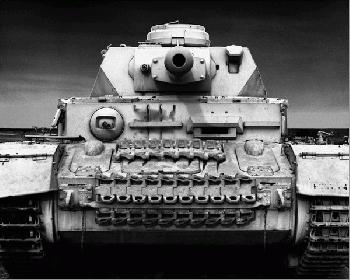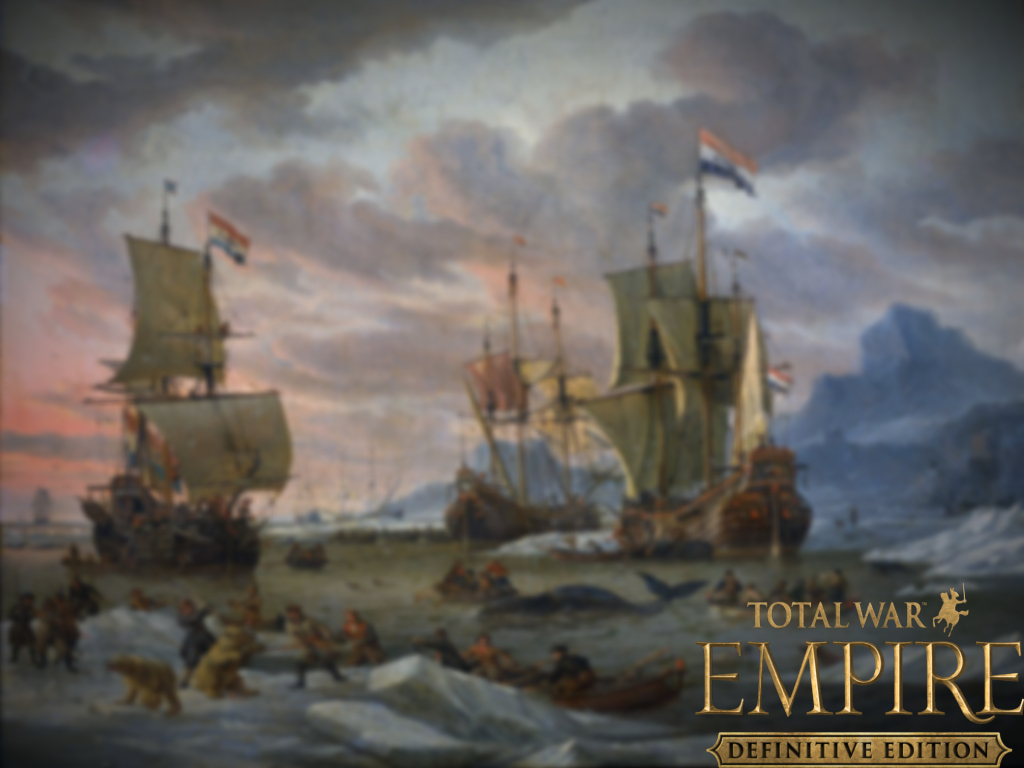

Furthermore, a limited war may be restricted in some respects and not in others. It is also a matter of perspective, since a war that is limited for one belligerent might be close to total for another. Limited war is therefore a matter of degree. More narrowly, it is defined as a local nonnuclear war. On the most fundamental level they drew their inspiration from Clausewitz, who in expounding the theory of war as a continuation of diplomacy had related the scope and intensity of war to its political context with a profundity appreciated equally by Lenin and Mao Tse-tung.Ī limited war is now broadly defined as a war that is fought for ends far short of the complete subordination of one state’s will to another’s and by means involving far less than the total military resources of the belligerents, leaving the civilian life and the armed forces of the belligerents largely intact and leading to a bargained termination. The new exponents of limited war advocated the systematic control of military potential and of war as a useful, carefully restricted instrument of policy. Liddell Hart, virtually the only exponent of a military strategy of limited war between the two world wars, applied his prescriptions chiefly to Britain’s situation.Īfter World War II, however, there was a great resurgence of interest in limited war among civilian analysts as well as military experts, particularly in the United States after the Korean War. After World War I, proponents of international order, in their search for collective security and disarmament as methods of avoiding war, generally ignored the problem of limiting war.

Most of the leading military thinkers, with the notable exception of Karl von Clausewitz, were prophets of blitzkrieg and wars of annihilation. In the latter half of the nineteenth century legal and balance-of-power theorists were somewhat overshadowed by the exponents of modern military power and glory, like Marshal Foch. The principal exponents of limited war in the eighteenth century were (1) the principal military tacticians of wars of fortification and maneuver, like Vauban and Marshal de Saxe (2) proponents of international laws to regulate and civilize war, like Vattel, who drew upon the principles of Grotius and (3) political theorists like Rousseau and Fenelon, who saw war as a necessary, if rather indecisive, instrument for preserving a balance of power. They are products of the profound fear of nuclear war and the belief that the limitation of war must be carefully contrived, rather than left to inherent limitations upon military capabilities. The detailed elaboration of a strategic doctrine of limited war, the formulation of specific plans for carrying out this doctrine, and the combined efforts of government, the military establishment, and private analysts and publicists to translate the doctrine into particular weapons and forces are developments peculiar to the nuclear age. Yet the consciousness of limited war as a distinct kind of warfare, with its own theory and doctrine, has emerged most markedly in contrast to threemajor wars, waged between several major states, in behalf of popular national and ideological goals, by means of organized conscripted forces and massive firepower: the Napoleonic Wars, World War I, and World War II. In ancient China, as well as eighteenth-century Europe, there were laws explicitly formulated to regulate warfare.

Primitive tribes, as well as the knights of the Middle Ages, have been conscious of explicit customs and rules of mutual restraint in the conduct of warfare. The concept of limited war is also old and ubiquitous in history. In these respects even the two so-called total wars of this century- World War I and World War II-were significantly limited. The great majority of all international wars have been fought for ends far short of domination or annihilation and by means far short of the complete destruction of the enemy’s armed forces or his society. They have occurred among the most primitive and the most advanced peoples and in every civilization. Limited wars are as old as the history of mankind. Limited war is a subjective and relative term that has gained currency chiefly to distinguish certain conflicts from wars fought for ends and by means that have impressed men as extreme.


 0 kommentar(er)
0 kommentar(er)
